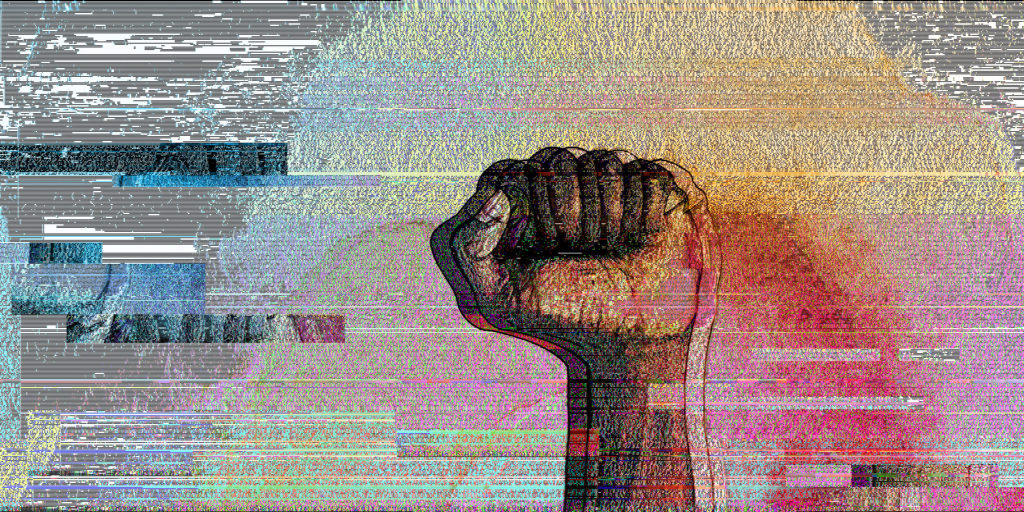Following years of silencing critical dissent and rights advocacy, Vietnam’s ruling party is fortifying its censorship arsenal by piling more pressure on social media platforms through arbitrary, unachievable new regulations.
Yesterday, April 20, reports emerged that the government will be passing legal amendments forcing social media platforms to take down “illegal” content within 24 hours; block active “illegal” live-streams within three hours; and “immediately” remove content deemed contrary to “national security.” These extreme measures — which will reportedly come into force by July — must be revoked.
“Vietnam’s new amendments impose near-impossible time pressures on platforms to respond to take-down orders from the authorities, giving them no space to evaluate which ones they should push back on to protect free expression — and that’s probably the point,” said Raman Jit Singh Chima, Asia Pacific Policy Director and Senior International Counsel at Access Now. “Platforms will be pushed to ‘comply-first-evaluate-later’, which will ramp up censorship online.”
In Vietnam, where traditional media is state-controlled, people rely heavily on social media to freely express themselves and share information. Journalists, activists, and artists widely use platforms such as Facebook and YouTube to bring human rights violations to light, often relying on live-streaming tools for reporting and advocacy. TikTok is also increasing in popularity.
In response, the state is honing its legal and security apparatus to target these dissenting opinions. It has imprisoned dozens of people for allegedly undermining “national security” — including, most recently, independent journalists Le Van Dung and Nguyen Hoai Nam for reporting on Facebook and YouTube. A military cyber unit, “Force 47”, harasses users for sharing “wrong” viewpoints online, while spreading state-sponsored messaging.
The state is also intensifying pressure on online platforms to enforce censorship through draconian laws such as the Law on Cybersecurity and Decree No. 15/2020 — which will be supplemented by the new regulations. In 2020, Vietnam’s authorities ordered the throttling of Facebook’s traffic for weeks — leading to Meta (Facebook) significantly increasing removals of “anti-state” posts to preserve its lucrative market. In the first quarter of 2022, data from Vietnam’s authorities reportedly revealed that Meta (Facebook), Alphabet (which owns YouTube), and TikTok respectively complied with 90%, 93% and 73% of state take-down requests. These numbers will only increase with the new regulations.
“Civic space in Vietnam has been suffocated by concerted and protracted assaults by the state. Not only its most prominent defenders, but also ordinary individuals, have been arrested, detained, assaulted, surveilled, and denied their rights to liberty and security for years,” said Dhevy Sivaprakasam, Asia Pacific Policy Counsel at Access Now. “Companies are now being arm-twisted to enlist in this crackdown. They have to push back.”
